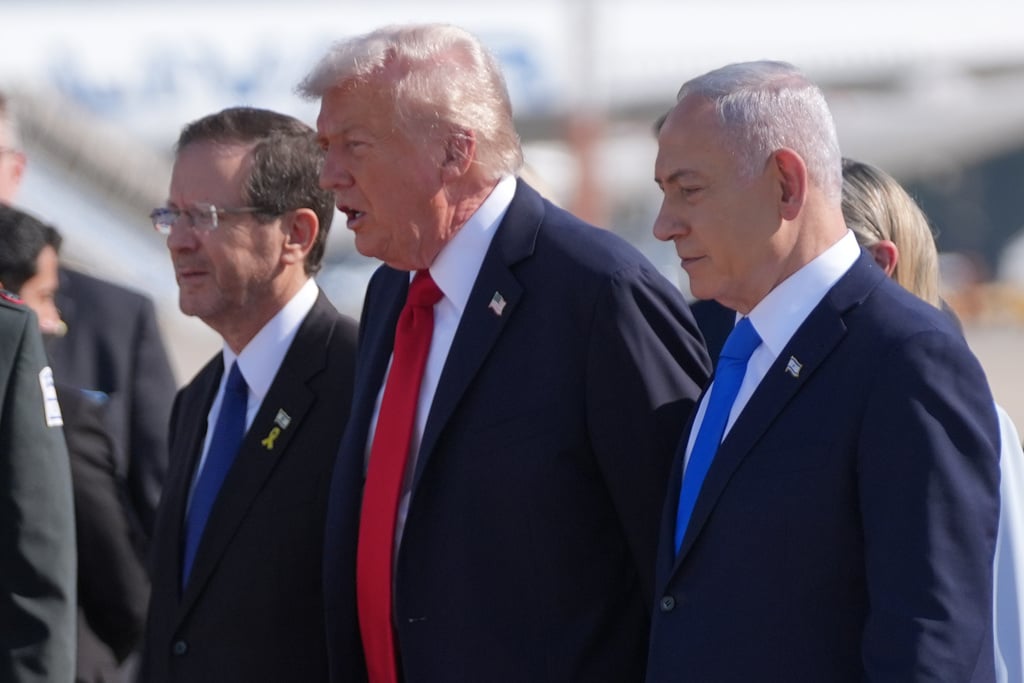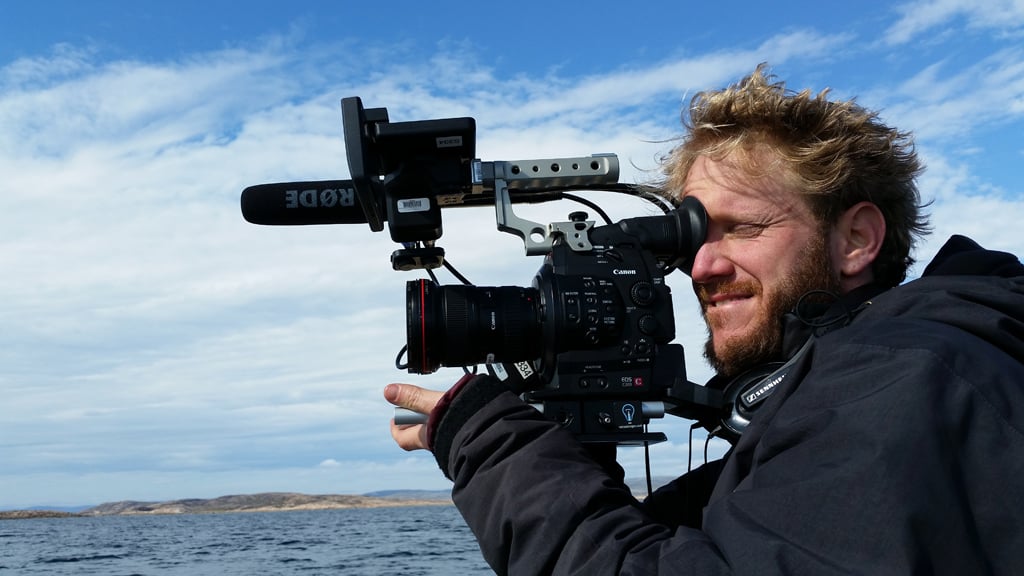Welcome to The Times of Israel’s Daily Briefing, your 20-minute audio update on what’s happening in Israel, the Middle East and the Jewish world.
US bureau chief Jacob Magid joins host Amanda Borschel-Dan for today’s episode.
President Isaac Herzog announced Wednesday that US President Donald Trump had written him to ask him to pardon Prime Minister Benjamin Netanyahu, who is currently standing trial on charges of bribery, fraud and breach of trust. Magid brings other instances in which the US president has pushed for the end of Netanyahu’s trial and describes the contents of this new “Free Bibi” letter.
US Secretary of State Marco Rubio on Wednesday said “there’s some concern” about events in the West Bank undermining efforts to maintain the ceasefire in Gaza, in his first remarks on the latest spate of settler violence. This comes after a week in which dozens of Israelis launched a large-scale arson attack on Palestinians in the West Bank, targeting factories and farmland between the major cities of Nablus and Tulkarem. Magid reports on Rubio’s statements, gives the context for them, and explains how they mark a departure for the Trump administration.
Early this week, Magid exclusively reported that Palestinian Authority President Mahmoud Abbas fired his finance minister for allowing payments to Palestinian security prisoners through an old mechanism — often called “pay-to-slay.” These stipends are awarded to the prisoners or their families, giving them monthly salaries based on the length of their sentence, which correlates to the severity of the crimes. We hear why these payments raise such red flags for Israelis and Americans.
Syria’s leader Ahmed al-Sharaa visited the White House on Monday and made a media splash as the former terrorist was shot shooting hoops and enjoying Trump’s branded cologne. In an interview with The Washington Post, Sharaa claimed the US president supports his insistence on a complete Israeli withdrawal from Syrian territory as a condition for a comprehensive security deal between the long-warring neighboring countries. Magid weighs in.
Trump announced last week that the Central Asian, Muslim-majority country of Kazakhstan will be the first country to join the Abraham Accords in his second term. Since the nation established diplomatic relations with the Jewish state in 1992, shortly after it broke away from the Soviet Union, what does either country gain by this step?
Check out The Times of Israel’s ongoing liveblog for more updates.
For further reading:
Trump writes to Herzog asking him to pardon Netanyahu amid ‘unjustified’ trial
What Matters Now to Haviv Rettig Gur: The case for pardoning Netanyahu
Rubio says ‘there’s some concern’ West Bank violence could undermine Gaza ceasefire
France says it will help draft constitution for Palestinian state as Abbas visits Paris
Abbas fires his finance minister over illicit payments to Palestinian prisoners — sources
Sharaa says Trump backs demand for Israel to withdraw forces from Syrian territory
Kazakhstan, which already has relations with Israel, to join Abraham Accords
Subscribe to The Times of Israel Daily Briefing on Apple Podcasts, Spotify, YouTube, or wherever you get your podcasts. This episode was produced by Pod-Waves.
Check out yesterday’s episode here:

